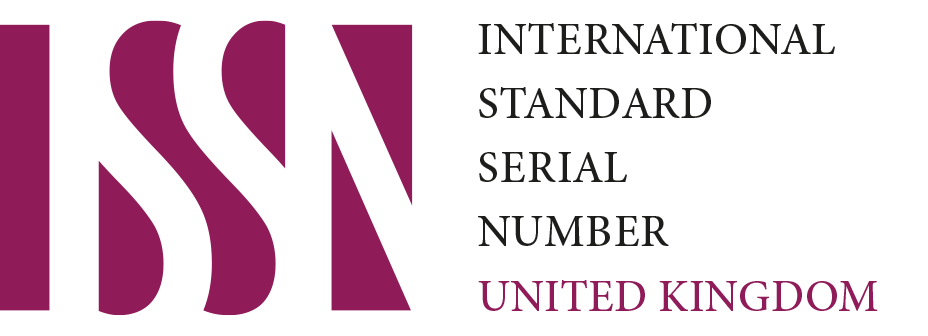Digitisation of Neurology
We have been living in a progressively technologically rich environment for the last decade or two. This has impacted greatly our social lives, in addition to the usual applications of digitisation that we have now taken for granted in our day -to-day lives, for example, in banking, travel and e-commerce. Medical specialties being rather traditional historically relying on traditional methods of working and the face-to-face century-old doctor-patient interactive paradigms have lagged behind in the application of technological advancements in the day-to-day rollout and integration of these technologies in daily work on the patient interface. In the last decade or two researchers in the medical specialties painstakingly have been developing algorithms, gadgets, applications, robotics and so many other avenues to modernise the practice of medicine. The convenience of these was not wholly appreciated prior to the COVID-19 times globally when the utility of all these advantages of digitisation was suddenly brought to the forefront in real life across the globe and the advantages of the “new ways” of working in clinical practice and in research became obvious to traditionalists. The digitisation of neurology is a part of the spectrum that is bound to occur across the interface of all medical specialties going forward. The development of personalised medicine (“holy grail”) would be the cherished outcome hopefully.
Citation: Partha S Ray. “Digitisation of Neurology”. SVOA Neurology 2:1(2021) Pages 41-43.











